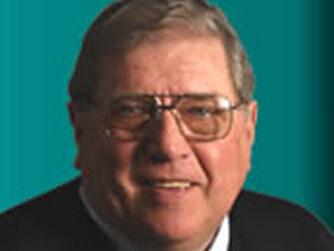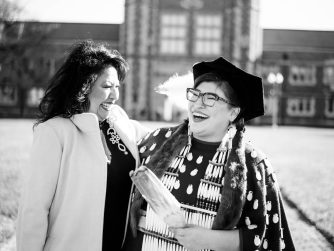Dr. Cal Stoltenberg
This is the first of a two part podcast by Dr. Cal Stoltenberg about the art / science of clinical supervision. In this episode, Dr. Stoltenberg addresses the difference between supervision and clinical work with clients. He cautions against becoming too focused on distinct competencies, and recognizes the need to implement quality training. In addition, Stoltenberg notes that there are different models of supervision, and that individual characteristics and culture must be factored into the clinical supervision relationship.

Dr. Cal Stoltenberg





